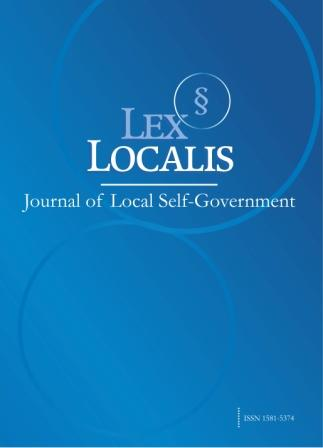DECENTRALIZED LOCAL GOVERNANCE AND ITS IMPACT ON PROMOTING ECONOMIC DEVELOPMENT AND REDUCING REGIONAL DISPARITIES
DOI:
https://doi.org/10.52152/Keywords:
Decentralized local governance has become a critical approach to addressing economic development challenges and reducing regional disparities.Abstract
Decentralized local governance has become a critical approach to addressing economic development challenges and reducing regional disparities. By transferring decision-making powers and resources to local governments, decentralization allows for more tailored solutions to local issues, fostering economic growth and improving social outcomes. This paper explores the impact of decentralized governance on economic development, with a particular focus on its role in reducing regional disparities. Through case studies and an analysis of governance models, the study investigates how local authorities can better address the unique needs of their communities, allocate resources more efficiently, and promote inclusive development. The findings suggest that decentralized governance, when implemented effectively, can contribute to sustainable economic growth, improve public service delivery, and reduce inequality between regions. Additionally, the paper examines the challenges faced in decentralization efforts, such as political instability, capacity limitations, and resource constraints, while offering recommendations for overcoming these barriers to ensure that decentralization delivers its full potential for fostering equitable development.
Downloads
Published
Issue
Section
License
Copyright (c) 2025 Lex localis - Journal of Local Self-Government

This work is licensed under a Creative Commons Attribution-NonCommercial-NoDerivatives 4.0 International License.








